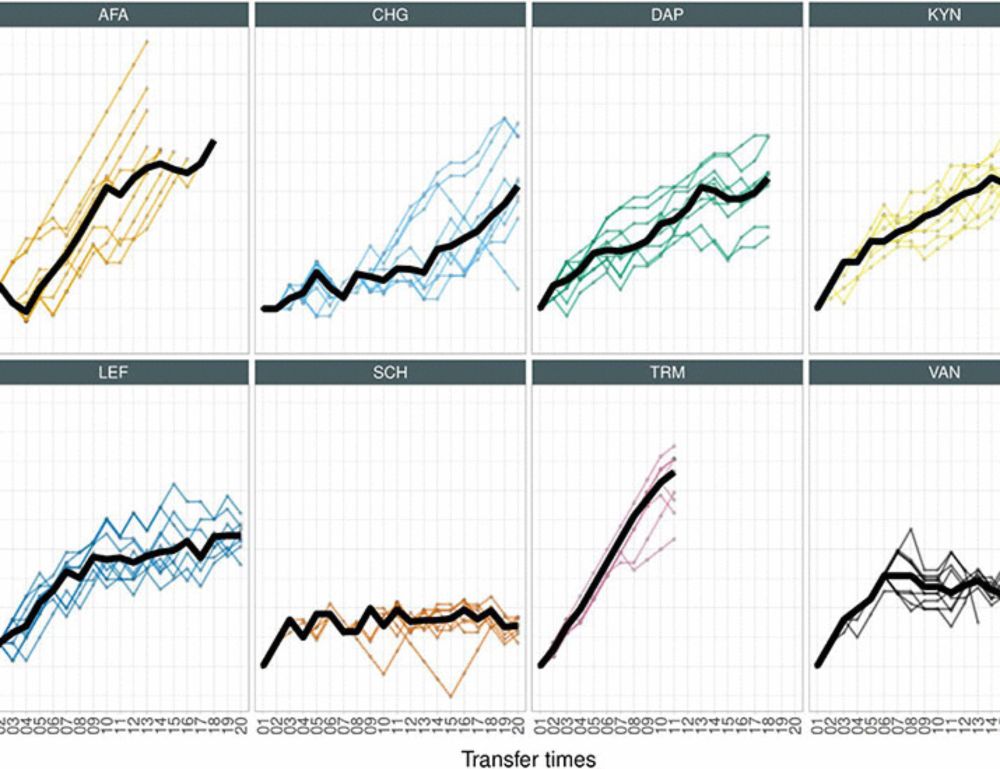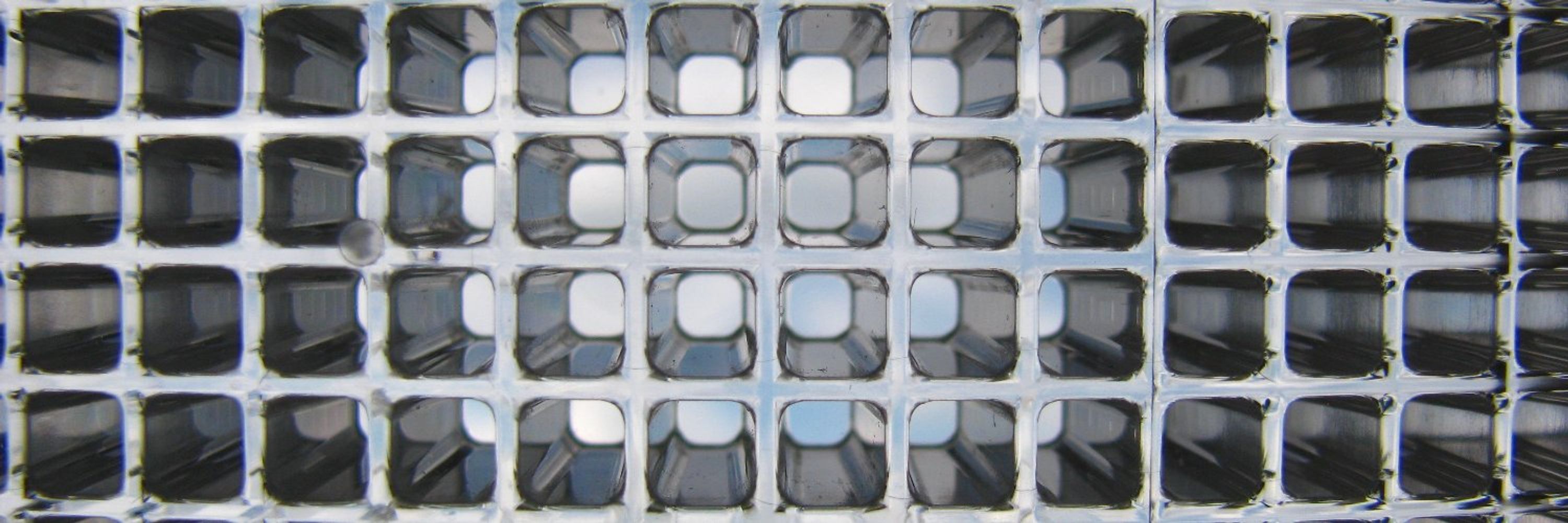
Szeged, Hungary
http://group.szbk.u-szeged.hu/sysbiol/pal-csaba-lab-index.html
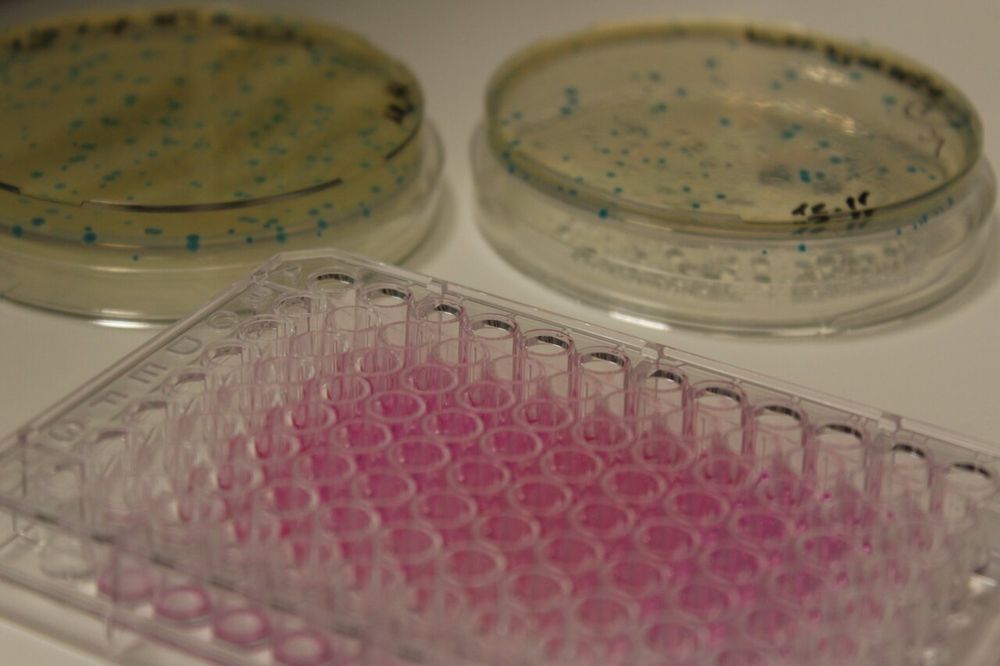
Exciting science, amazing team, wonderful city!
landrylab.ibis.ulaval.ca/research-opp...
#evolution #synbio #systemsbiology #genomics
Exciting science, amazing team, wonderful city!
landrylab.ibis.ulaval.ca/research-opp...
#evolution #synbio #systemsbiology #genomics
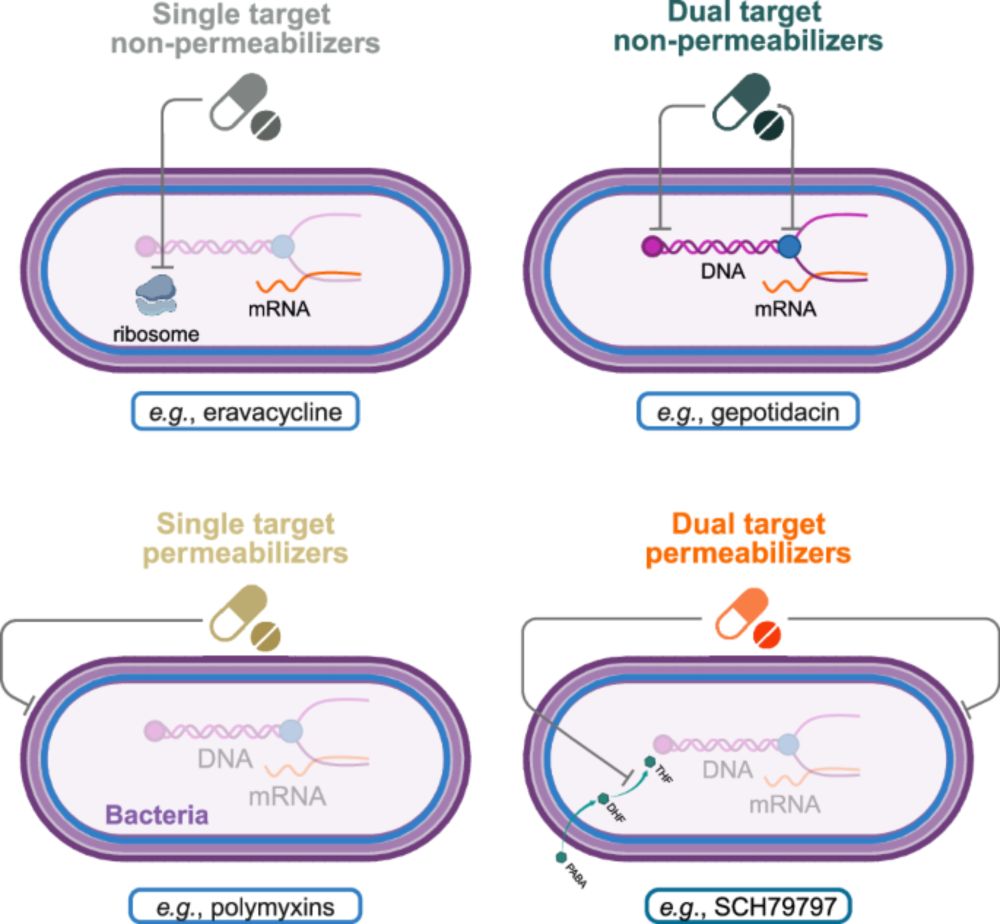
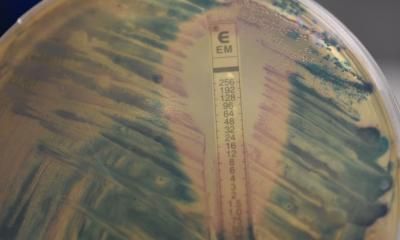
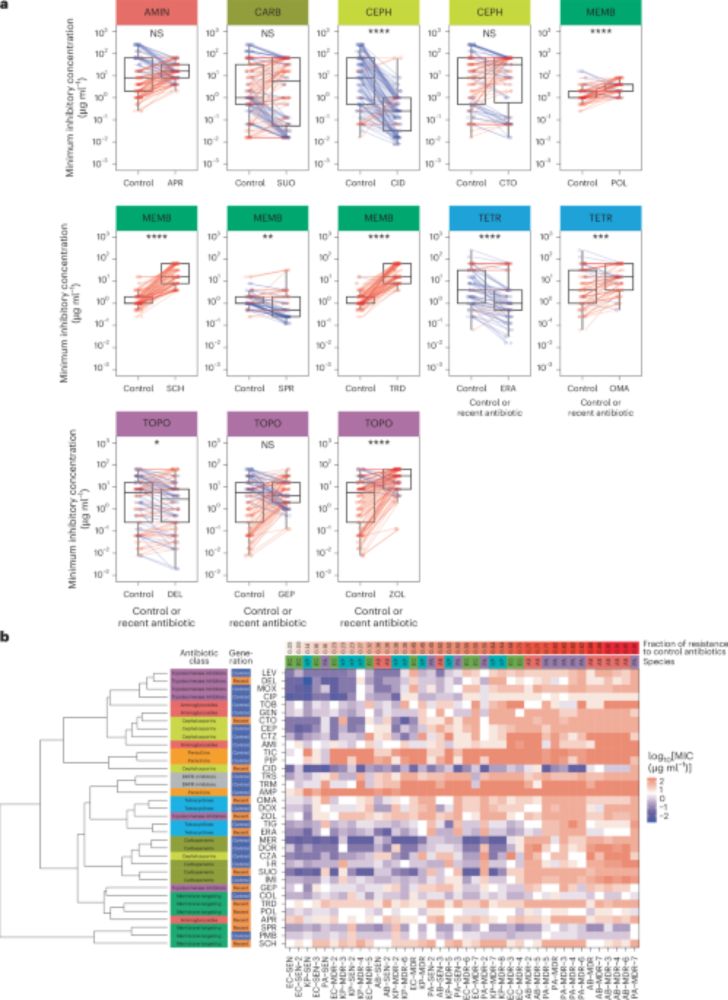
and Kintses Lab

and Kintses Lab
www.nature.com/articles/s41...
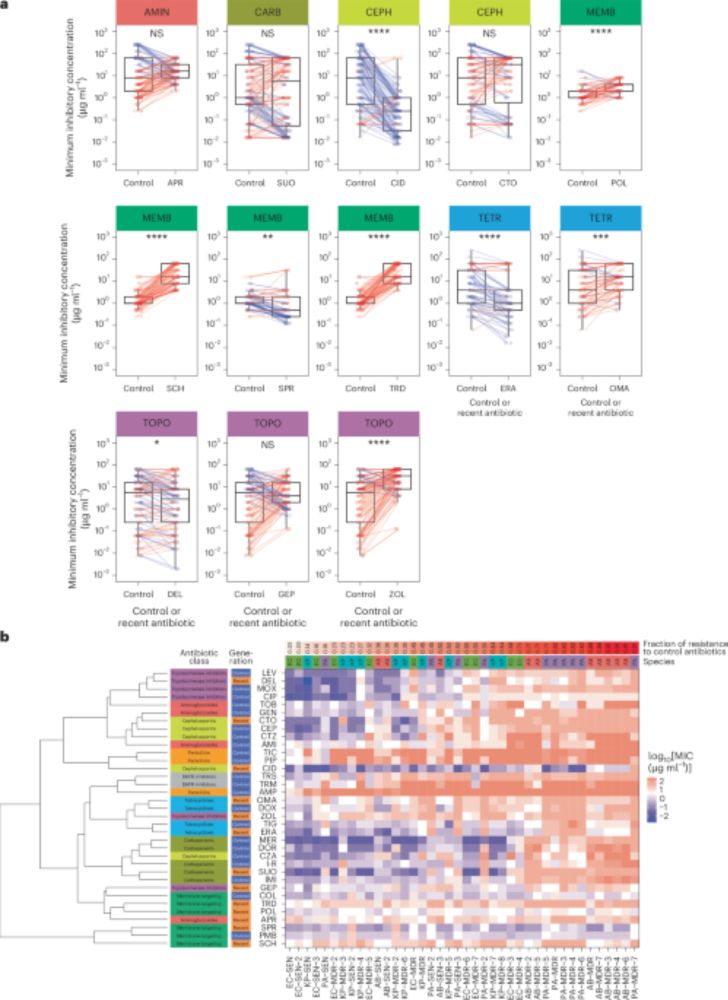
www.nature.com/articles/s41...

www.science.org/doi/10.1126/...

